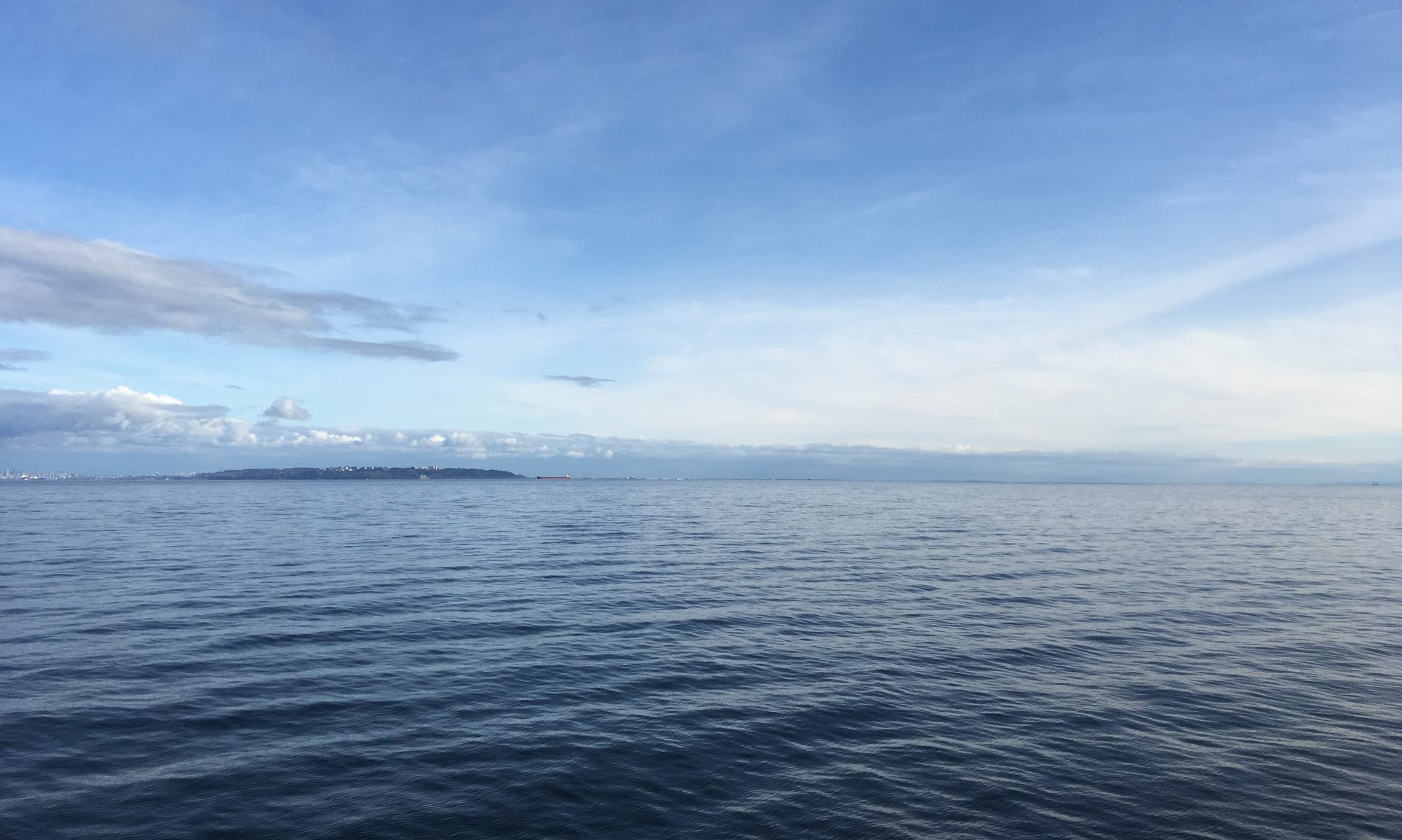LBST 330 – Fall 2018
Module 2 – Research In Context
Answer the Question Assignment
The following is a brief response to “Rethinking Education as the Practice of Freedom: Paulo Freire and the promise of critical pedagogy”, an article which pays tribute to Freire, a pioneer of critical pedagogy and author of the often cited book: Pedagogy of the Oppressed. This article was selected from a list of research papers dealing with critical approaches to research from context-aware perspectives. This list of articles was compiled by our instructors in order to provide our class with further opportunities find and adapt ideas which may be useful for our graduation projects.
I selected Giroux’s article because of its focus on education which was one of the fields of interest I identified in the Fields of Interest Assessment I completed at the beginning of this semester. This article is particularly relevant to my areas of interest because it deals with power relations in society, radical pedagogy, literacy, critical thought, democracy and justice.
As a close friend of Freire’s, Giroux writes about his body of work with deep reverence. One of the points that Giroux makes about Freire is that he “embodied the important but often problematic relationship between the personal and the political” (719). This reminded me of the feminist theory that I have explored during my undergraduate degree which has impressed upon me the importance of investigating this relationship and it’s material implications in society. I was also inspired, while reading the article, to continue trying to navigate the discourse of personal and political spheres of reality in my own work.
I have always considered education a passion of mine because of my innate curiosity and love of learning, but I have often grappled with the structure of mainstream education both personally and politically. This article laid out many of the problems I’ve identified with mainstream school (including teachers being rendered technicians, corporatization of education, teaching to tests, etc.) which I found quite refreshing to read and also presented an alternative approach which is uniquely non-methodological, strategic, performative, and political.
In the context of the collective threat of global warming, increased militarization, neoliberal capitalism, globalization, and corporatization, I think Freire’s goal of “creating the conditions for people to govern rather than be merely governed, capable of mobilizing social movements against the oppressive economic, racial, and sexist practices put into place by colonization, global capitalism, and other oppressive structures of power” (720) is a very worthy one.
